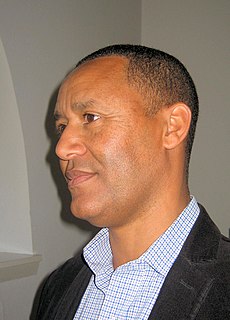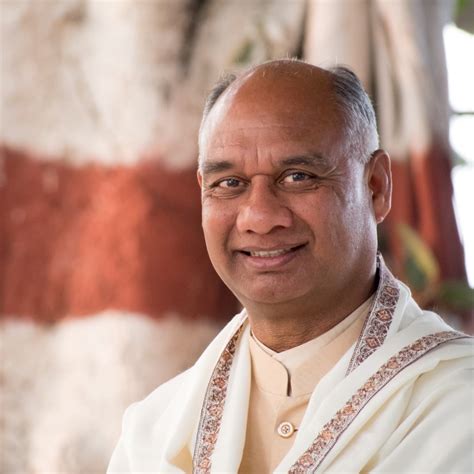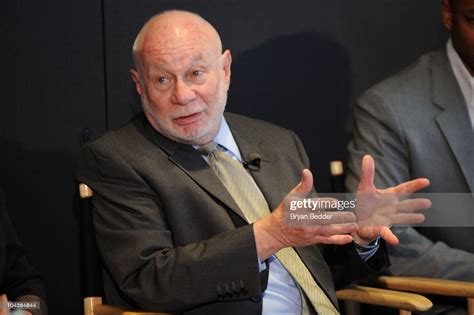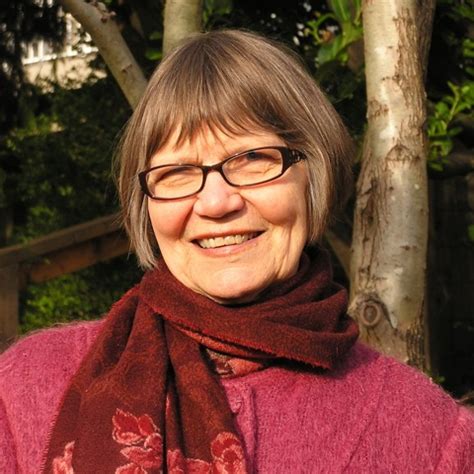A Quote by Noam Chomsky
Anatomically modern humans are found up to 200,000 years ago; behaviourally modern humans appear very recently in evolutionary time, as far as evidence now exists, perhaps within a window of 50-100,000 years ago, a flick of an eye in evolutionary time.
Related Quotes
A few years ago, they [Neandertals] were thought to be ancestral to anatomically modern humans, but now we know that modern humans appeared at least 100,000 years ago, much before the disappearance of the Neandertals. Moreover, in caves in the Middle East, fossils of modern humans have been found dated 120,000-100,000 years ago, as well as Neandertals dated at 60,000 and 70,000 years ago, followed again by modern humans dated at 40,000 years ago. It is unclear whether the two forms repeatedly replaced one another by migration from other regions, or whether they coexisted in some areas
We have all been brought up with an ethical system of 2,000 years ago, an industrial-managerial system of 200-300 years ago, a statecraft system of 200 years ago, and so on. None of this is working very well for the requirements of a time as complex and variegated as our own. So we stand shuttering at the threshold, with no clear map.
I learned that the first technology appeared in the form of stone tools, 2.6 million years ago. First entertainment comes evidence from flutes that are 35,000 years old. And evidence for first design comes 75,000 years old - beads. And you can do the same with your genes and track them back in time.
I don't really know what's going to happen 10,000 years from now. We've been biologically modern for, what, almost 200,000 years? Let's go back to the cave paintings: I think the moment that someone landed a charcoal on a wall to describe reality, that's language already - that happened on a vertical surface, which, even though they didn't build it, somehow we could understand it as architecture because there's a cavity that separates the inside and outside. That's 40,000 years in the past.
There is nothing wrong with the planet. The planet is fine ... been here 4 1/2 billion years. We've been here, what, a 100,000 years, maybe 200,000. And we've only been engaged in heavy industry a little over 200 years. 200 years versus 4 1/2 billion. And we have the conceit to think that somehow we're a threat? The planet isn't going away. We are.
We can begin a discussion of artmaking by noting that from very early (as long ago as 200,000 years), humans have been naturally attracted to the extraordinary as a dimension of experience and that at some point they seem also to have been moved to make the ordinary extraordinary-that is, to shape or elaborate everyday, mundane reality and thereby transform it into something special, different from the everyday.
Fifteen years ago, nobody thought that content would ever work as a business. It was impossible to raise any money, initial investments were $10,000, seldom $100,000. It is only over the last two or three years that we have started to see very large amounts of capital coming into the digital industry. That has created a lot more competition.






































